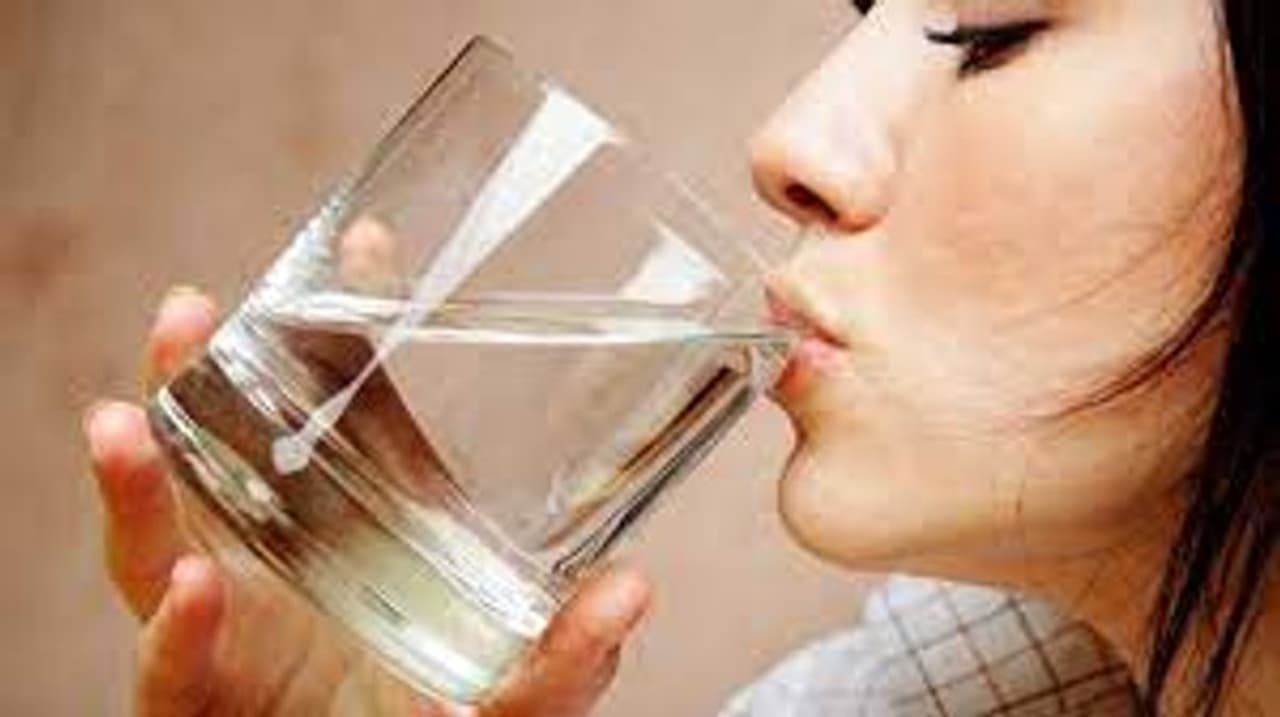Follow these tips to save water in kitchen
These are simple ways to save water and reduce the usage, reuse and recycle water as much as possible in order to make the kitchen wastage free.

Water is not just one of the basic elements of a balanced diet, but also necessary for cooking and preparation in the kitchen. It is important that we realise the value of clean, drinking water and do everything that is within our reach to prevent its misuse and wastage.

“Water has enormous and complex value for our households, food, culture, health, education, economics and the integrity of our natural environment. If we overlook any of these values, we risk mismanaging this finite, irreplaceable resource,” states the UN website. The underlying idea is to understand the value of water in order to critical resource for everyone.
There are several steps in the cooking process that require significant quantities of water. Whether it is washing vegetables, boiling them or doing the dishes after eating - each activity requires water to be used. There are several ways to save water and reduce wastage in the kitchen.
These are simple ways to save water and reduce the usage, reuse and recycle water as much as possible in order to make the kitchen wastage free.
· Reuse cooking water whenever possible. Don't discard the water you boil or steam in. You can bring about water into use while cooking broths, soups and one-pot meals and even use it for watering plants
· Don't use water to defrost or thaw frozen food items. Instead, simply keep it out at room temperature or else use the 'defrost' setting in your microwave or oven.
· Switch off taps and knobs when water is not in use. Fix leakages as soon as possible to prevent wastage as much as possible.
· Rather than washing fruits and vegetables under a running faucet, use a water-filled sink or bowl. This reduces water consumption significantly. Once the produce is washed, use the water for watering your kitchen garden.
· Water filters installed at home usually give out some quantity of water as excess waste. Use this discharged filter water for cleaning and washing purposes.
Explore the latest Lifestyle News covering fashion, wellness, travel, Food and Recipes, and more. Stay updated with trending Health News, fitness tips, and expert insights to inspire your daily living. Discover personalized lifestyle trends that keep you stylish and informed. Download the Asianet News Official App from the Android Play Store and iPhone App Store for everything that adds value to your everyday life.